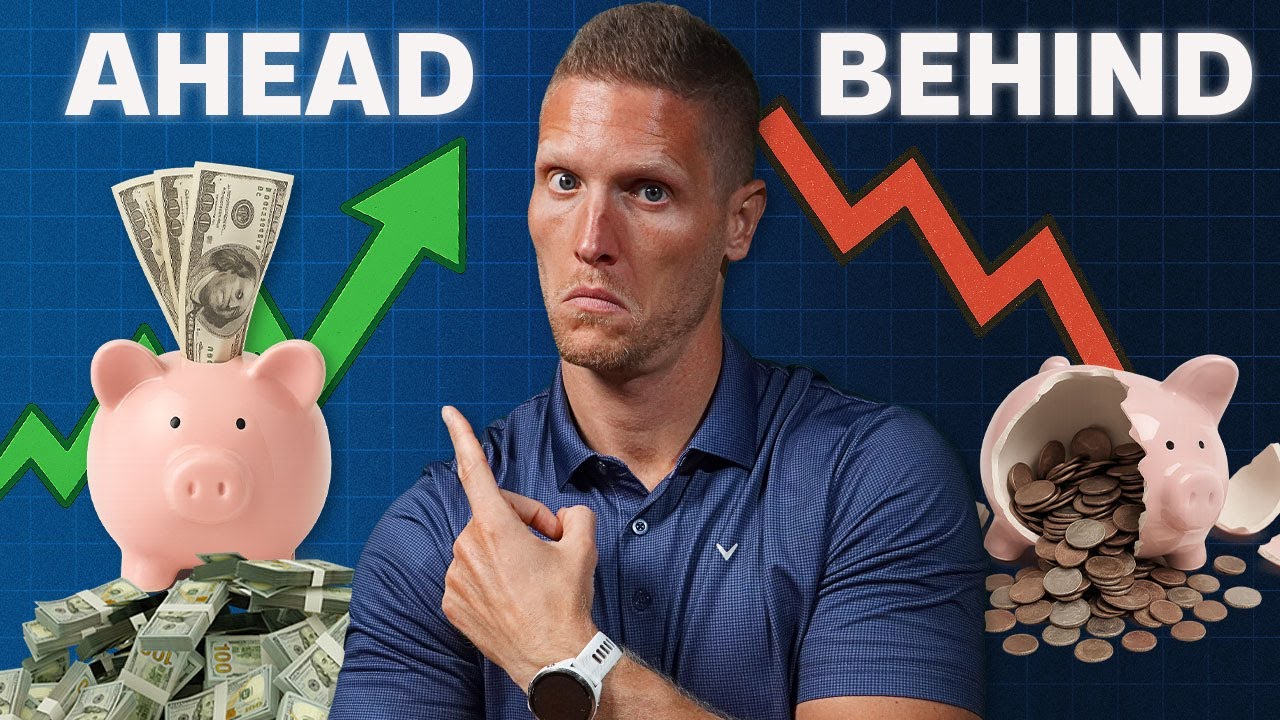
Are you on the path to financial success? There are a few tell-tale ways to know if you are.
Becoming a financial success is within reach for most people. This is likely to be different for everyone, but the bottom line is that financial independence is possible when you maximize your financial resources to their highest potential.
At The Money Guy Show, we have seen what happens when people – ordinary, smart, hard-working people – decide they won’t stop until they reach financial freedom.
In truth, your financial success has much more to do with your behaviors and attitude about money than it does how much income you earn. If you exercise the right habits, millionaire status may not be such a far out dream after all. Here are eleven signs, based on our observations as financial advisors, that you’re well on your way to becoming a financial success.
-
You started investing in your 20’s
Time is your greatest advantage when it comes to building wealth over the long-term. When you are young and have thirty to forty years before retirement, even the smallest of investment savings has the time to grow and multiply with the power of compounding interest. The younger you are when you start investing your money in a retirement savings account, the more time it has to work on your behalf.
[Related content: Get Into Good Financial Shape While You’re Young]
-
You set specific financial goals
It has been proven again and again that goal-setting leads to goal-achieving. You are the type of person who intentionally sets goals for your finances. You don’t live in reaction to your financial situation; you’re in control of it.
[Related content: How to Prioritize Your “Next Level” Financial Goals]
-
You live below your means
Debt has no place in the financially successful life. That’s why you are either debt-free or well on your way to paying down your debts as quickly as possible. Living below your means often requires short-term sacrifices in order to reap long-term financial rewards. That means you’re not carrying credit card balances, you aren’t paying a car loan, and you don’t finance a new flat screen television, just to cite a few examples.
-
You defer gratification
And because you set financial goals and live below your means, you defer gratification until you have the means to afford the items you want with cash (and its equivalents). You are willing to postpone a purchase until you have saved up enough money to cover its cost, in full, once the bill comes in.
-
You focus on your strengths
We know that your earning potential is linked to your ability to develop your strengths. No one can be an expert in everything. It takes five years or 10,000 hours to master something. You invest in yourself and continue to learn and hone a marketable skill set so you can potentially earn a higher wage and set yourself up for long-term income growth.
-
You see opportunity where others see challenges
You are an inherently optimistic person who sees opportunity in the face of difficulties and challenges. You aren’t necessarily on the hunt for the next Amazon investment opportunity, but you have secured your finances in a way that leaves you available to observe and seize financial advantages when they present themselves.
-
You don’t make emotional decisions
When it comes to long-term investing, you know that it’s never a good idea to make a financial decision based on fear or other emotions that cloud your ability to remain objective. Your financial plan is set, and you are disciplined enough to stay the course.
[Related content: 5 Ways to Overcome Financial Fears]
-
You’re patient
Patience is key when it comes to long-term financial success. You don’t fall for the “get rich quick” schemes. You are present in the moment and give yourself time to evaluate each situation that arises with a clear perspective on how it impacts your life and finances, and what should be done (if anything) to counteract any negative implications.
-
You’re prepared for the unthinkable
Preparedness is necessary to protect the financial success you’re working so hard to achieve. Even though it’s an uncomfortable reality, you have addressed all the major estate planning categories: healthcare insurance, life insurance, disability insurance, car insurance, and you have a living will/last will and testament and a healthcare proxy. You also have an emergency reserve of cash to cover three to six months of your living expenses just in case.
[Related content: The Importance of a Proper Estate Plan]
-
You include the entire family in the finances
Financial responsibility is a heavy burden for one person to carry. But when spouses and children are involved in the family finances, everyone can play their role to support and help the family achieve the financial goals together.
-
You’re generous
Have you ever noticed that when you make a point to give your money away to your church and other causes you care about, there always seems to be more than enough? When you are intentional about where your dollar bills go, you often find that you need less money than perhaps you thought and, therefore, have extra to share that can have an impact in the lives of others. Never mind the tax benefits associated with generosity; that’s just gravy to reward a financially successful life.














